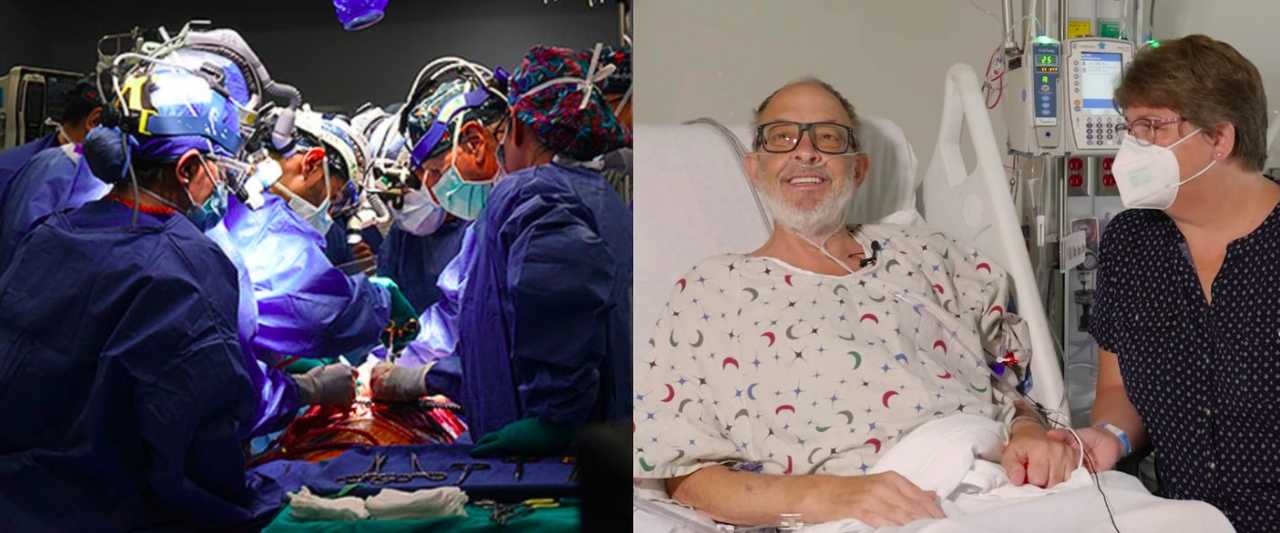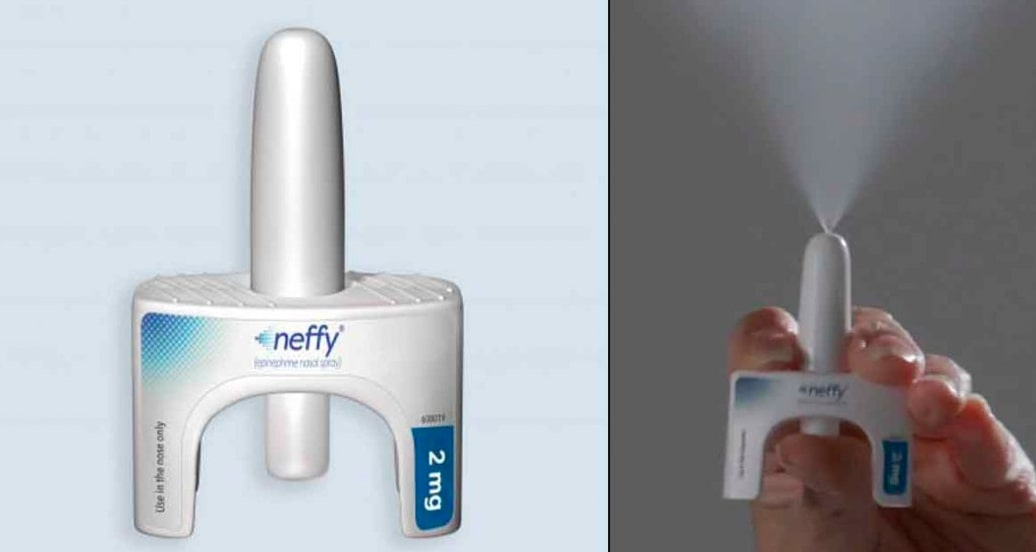Much like college athletes, pigs are increasingly entering the transfer portal

Images: University of Maryland
On Friday, surgeons at the University of Maryland transplanted a genetically modified pig’s heart into a man with terminal heart disease and no other treatment options, marking the second successful operation of its kind in history.
🐖 Some quick background: Pigs have been used in human medicine for decades, since their organs are anatomically similar to ours. They're also less likely to have unique diseases, due to close contact with humans for generations.
But prior to 2021, all attempts at pig-to-human organ transplants had failed because people’s immune systems immediately destroyed the foreign tissue. This led scientists to develop a new method, where pigs are genetically modified to make their organs more human-like.
This new process is already seeing results. Last year, the same Maryland team performed the world’s first transplant of a genetically-modified pig heart into another dying man, who survived for two months following the surgery.
- And, earlier this month, NYU scientists ended their experiment in which a genetically-modified pig kidney worked normally inside a brain-dead man for a record two months.
📸 Zoom out: Roughly 106,000 Americans are currently on the organ transplant list, with about 17 of them dying each day.
And while 60% of the US population is signed up to be an organ donor, only 3 in 1,000 people die in a way that allows for their organs to actually be donated – though scientists hope genetically-modified pig organs will soon be able to solve existing shortages.
Share this!
Recent Science & Emerging Tech stories

Science & Emerging Tech
| September 21, 2023A needle-free option for EpiPen users is in the works
👃⚕️ A nasal spray medicine that would represent the first injection-free treatment for Americans with life-threatening allergies was rejected yesterday by the FDA.

Science & Emerging Tech
| September 19, 2023Scientists may have discovered what happens when we die
🧠😵 Humans around the world show similar brain activity and report similar experiences when dying or close to death, including seeing their life flash before their eyes, per a first-of-its-kind study.

Science & Emerging Tech
| September 19, 2023The weird wide world of science
🏆🧪 The 2023 Ig Nobel Prizes – created as an ode to strange scientific discoveries – include an excretion-analyzing toilet, an experiment that used spider corpses as robotic claws, and more.
You've made it this far...
Let's make our relationship official, no 💍 or elaborate proposal required. Learn and stay entertained, for free.👇
All of our news is 100% free and you can unsubscribe anytime; the quiz takes ~10 seconds to complete